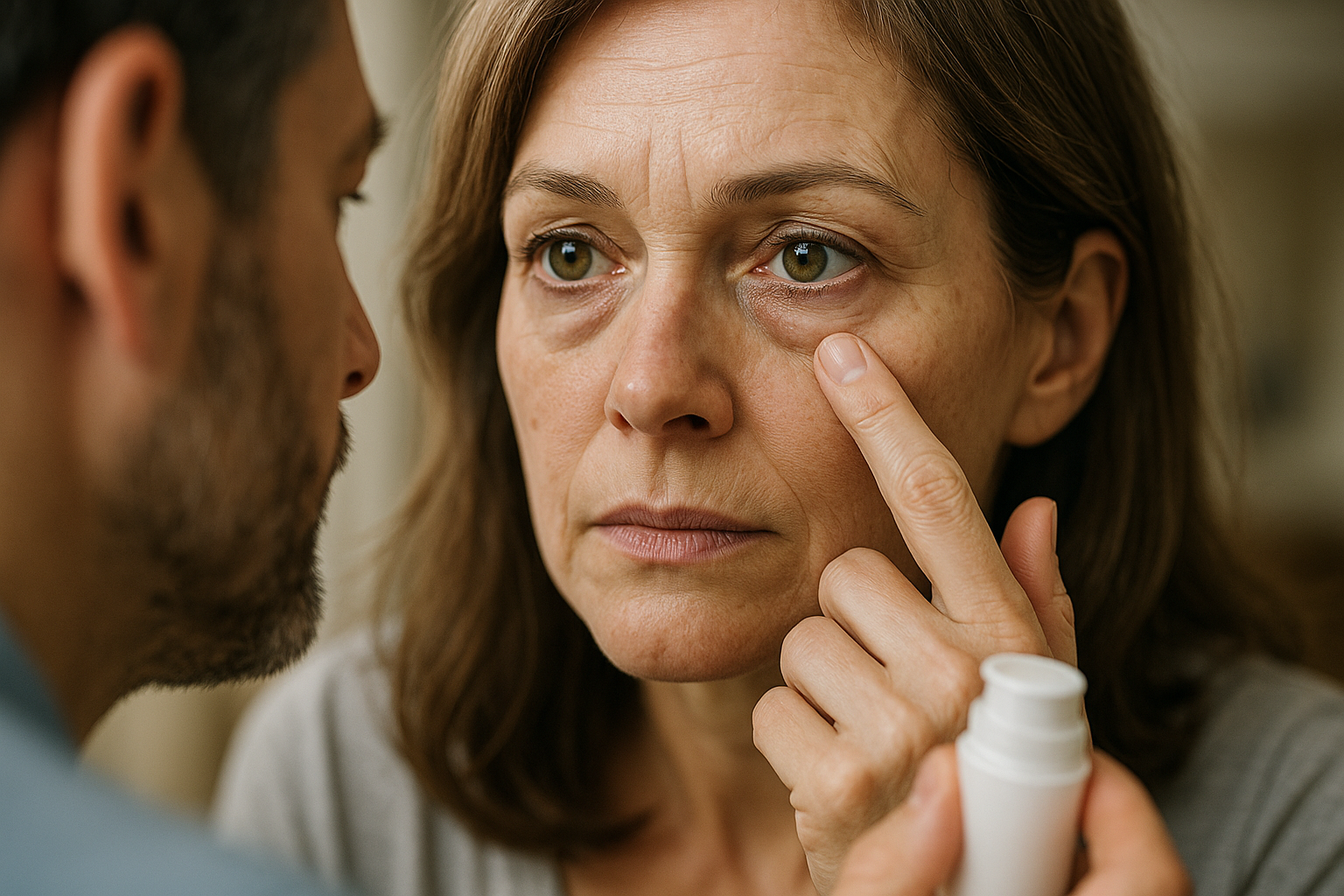Finding Relief: Effective Solutions for Itchy Skin
Relieve itchy skin with trusted home remedies and dermatologist-approved products. From moisturizers and antihistamines to oatmeal baths and cool compresses, find solutions that soothe irritation and bring comfort to dry, inflamed, or allergy-prone skin.

Common Causes of Itchy Skin
Itchy skin, medically known as pruritus, can stem from numerous sources. Dry skin is perhaps the most prevalent cause, particularly during winter months when humidity levels drop. Other common triggers include allergic reactions to foods, medications, or environmental elements like pollen and pet dander. Medical conditions such as eczema, psoriasis, and fungal infections frequently manifest as itchy skin. Hormonal changes during pregnancy or menopause can also trigger itchiness. Identifying the underlying cause is crucial for effective treatment, as different triggers require different approaches to management and relief.
Proven Medical Itchy Skin Treatments
When itching becomes persistent or severe, medical interventions may be necessary. Antihistamines like cetirizine or diphenhydramine can effectively reduce itching caused by allergic reactions by blocking histamine release in the body. For inflammatory skin conditions, dermatologists often prescribe topical corticosteroids to reduce inflammation and itching. These medications come in various strengths and formulations depending on the affected area and severity. For chronic conditions like eczema, medications such as tacrolimus ointment or pimecrolimus cream may be prescribed to modulate the immune response without the side effects of steroids. In cases where itching is caused by specific conditions like scabies or fungal infections, targeted treatments address both the underlying cause and the symptom of itching.
Natural Relief for Itchy Skin
Many people find significant relief through natural remedies that soothe irritated skin. Colloidal oatmeal baths have been used for centuries to calm itchy skin—simply add finely ground oatmeal to lukewarm bathwater and soak for 15-20 minutes. Aloe vera gel, extracted directly from the plant or purchased as a pure product, provides cooling relief and anti-inflammatory benefits. Coconut oil offers excellent moisturizing properties while also possessing antimicrobial qualities that can help with certain skin conditions. Essential oils like chamomile or tea tree oil, when properly diluted, may reduce inflammation and itching. Cold compresses can temporarily numb the skin and reduce the urge to scratch, particularly effective for localized itchy patches. These natural approaches are especially beneficial for those seeking alternatives to pharmaceutical options or as complementary treatments.
Daily Habits to Prevent Itchy Skin
Prevention is often the most effective strategy for managing itchy skin. Maintaining proper skin hydration is fundamental—applying moisturizers immediately after bathing helps lock in moisture. Using mild, fragrance-free soaps and detergents reduces the risk of irritation from harsh chemicals. Taking shorter showers or baths with lukewarm rather than hot water helps preserve the skin’s natural oils. Humidifiers can counteract dry indoor air, particularly during winter months or in air-conditioned environments. Wearing loose-fitting, breathable fabrics like cotton minimizes friction and irritation. Staying well-hydrated by drinking plenty of water supports overall skin health. Regular exfoliation removes dead skin cells that can contribute to dryness, but should be done gently to avoid further irritation. These simple habit adjustments can significantly reduce the likelihood of developing itchy skin.
Effective Products for Itchy Skin Relief
The market offers numerous products specifically formulated to address itchy skin. Understanding which options work best for different conditions can help consumers make informed choices.
| Product Type | Recommended Brands | Best For | Price Range |
|---|---|---|---|
| Moisturizers | CeraVe Moisturizing Cream, Eucerin Original Healing Cream | Dry, sensitive skin | $10-25 |
| Anti-itch Creams | Sarna Original, Cortizone-10 | Localized itching | $7-15 |
| Body Washes | Aveeno Skin Relief, Dove Sensitive Skin | Daily cleansing for sensitive skin | $8-12 |
| Oral Antihistamines | Zyrtec, Benadryl | Allergic reactions | $15-25 |
| Natural Products | Aveeno Oatmeal Bath, Desert Harvest Aloe Vera | Chemical-free relief | $8-20 |
Prices, rates, or cost estimates mentioned in this article are based on the latest available information but may change over time. Independent research is advised before making financial decisions.
When to See a Doctor for Itchy Skin
While many cases of itchy skin can be managed with over-the-counter treatments and home remedies, certain situations warrant professional medical attention. Persistent itching that lasts longer than two weeks despite self-care measures should be evaluated by a healthcare provider. If itching is severe enough to interfere with sleep or daily activities, medical intervention may be necessary. The appearance of unexplained rashes, particularly those accompanied by other symptoms like fever or fatigue, requires prompt medical assessment. Skin that appears infected—showing signs of redness, warmth, swelling, or discharge—should be examined by a doctor. Itching that affects the entire body could indicate an underlying systemic condition requiring comprehensive evaluation. Healthcare professionals can provide accurate diagnosis and treatment plans tailored to specific causes of itchy skin.
Itchy skin, while common, doesn’t have to be endured without relief. By understanding potential causes, exploring both medical and natural treatment options, and implementing preventive measures, most people can find effective ways to manage this uncomfortable sensation. For persistent or severe cases, working with healthcare providers ensures appropriate treatment for underlying conditions. With the right approach, the constant urge to scratch can be significantly reduced, allowing for better comfort and improved quality of life.
This article is for informational purposes only and should not be considered medical advice. Please consult a qualified healthcare professional for personalized guidance and treatment.




